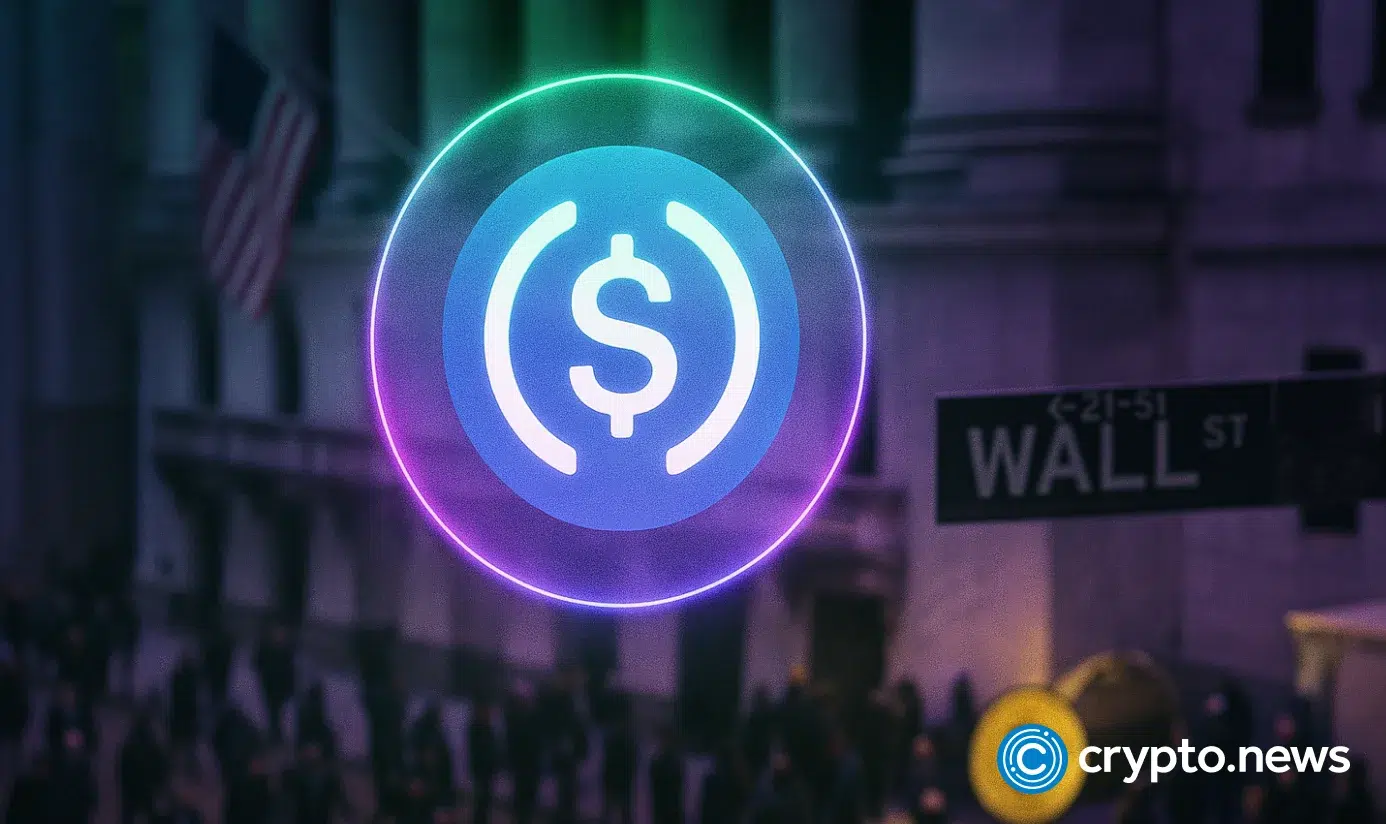Chinese money launderers have been moving billions through US financial institutions to aid Mexican drug cartels, yet lawmakers still point the finger at crypto.

US banks were responsible for laundering $312 billion for Chinese money launderers between 2020 and 2024, according to a new report.
In a US Financial Crimes Enforcement Network (FinCEN) advisory on Thursday, the watchdog analyzed over 137,000 Bank Secrecy Act reports from 2020 to 2024.
It found that over $62 billion per year on average has gone through the US banking system from Chinese money launderers.
Chinese money laundering networks have formed a symbiotic relationship with Mexico-based drug cartels. The cartels need to launder US dollar drug proceeds, while Chinese gangs want US dollars to circumvent China’s currency control laws, it reported.
“These networks launder proceeds for Mexico-based drug cartels and are involved in other significant, underground money movement schemes within the United States and around the world,” said FinCEN Director Andrea Gacki.
Beyond drug money laundering, Chinese gangs are involved in human trafficking and smuggling, healthcare fraud and elder abuse, and real estate money laundering to the tune of $53.7 billion in suspicious real estate transactions, the report added.
Crypto still gets unfair wrap
Despite this, crypto has often been singled out for money laundering and illicit purposes by pro-banking politicians such as the ranking member of the Senate Banking Committee, Elizabeth Warren.
“Bad actors are also increasingly turning to cryptocurrency to enable money laundering,” she said earlier this year, demanding tougher regulations.
The latest figures reveal an often suppressed truth — that most money laundering has nothing to do with crypto.
According to the United Nations Office on Drugs and Crime, the estimated amount of money laundered globally in one year is more than $2 trillion.
In comparison, the entire cryptocurrency space’s illicit crypto volumes totalled around $189 billion over the last five years, according to Chainalysis.
Related: Crypto debanking is ‘still occurring’ as banks stick to Chokepoint policies
“Illicit activity is but a small fraction of the crypto ecosystem. We estimate that it is less than 1% of overall crypto volume,” TRM Labs head of policy and strategic partnerships, Angela Ang, told Cointelegraph.
“FinCEN's findings align with a broader pattern - these underground banking networks function as a shadow financial system for organized crime worldwide, operating at the seams of banking systems,” Ang said.
Magazine: 3 people who unexpectedly became crypto millionaires… and one who didn’t

 18 hours ago
1
18 hours ago
1
















 English (US) ·
English (US) ·